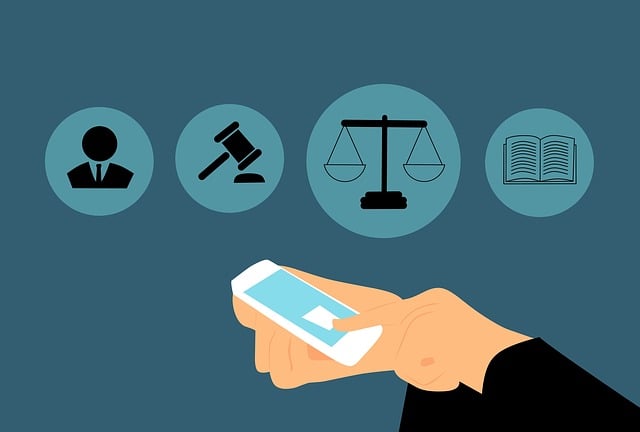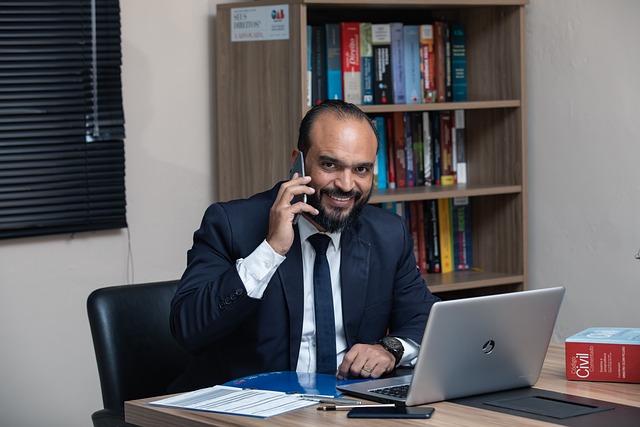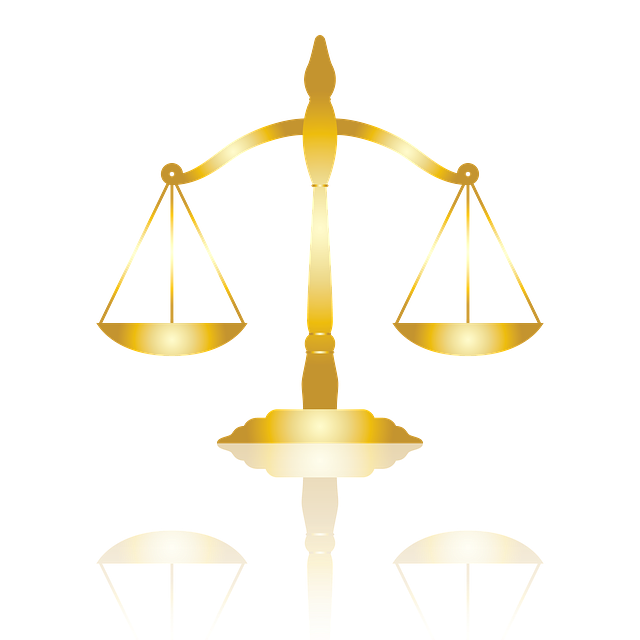
Category: Lawyer Fredric Winocur at Ridley McGreevy
Lawyer Fredric Winocur at Ridley McGreevy: An In-Depth Analysis
Introduction
Welcome to an extensive exploration of a unique legal concept, Lawyer Fredric Winocur at Ridley McGreevy. This article aims to dissect and demystify this intriguing topic, offering readers a comprehensive understanding of its principles, impact, and potential. By delving into its historical roots, global reach, economic implications, technological adaptations, and regulatory frameworks, we will uncover the multifaceted nature of this legal phenomenon. Furthermore, we will examine real-world applications, anticipate future trends, and address common queries to provide a thorough insights into Lawyer Fredric Winocur at Ridley McGreevy.
Understanding Lawyer Fredric Winocur at Ridley McGreevy
Definition: Lawyer Fredric Winocur at Ridley McGreevy refers to a legal practice and philosophical approach pioneered by Fredric Winocur, a renowned lawyer and legal scholar. This concept intertwines traditional legal services with innovative strategies, emphasizing client-centric solutions and cutting-edge technology. The core idea revolves around tailoring legal representation to meet the unique needs of each client, ensuring accessibility, efficiency, and effectiveness.
Historical Context: Born out of Fredric Winocur’s experience as a litigator and his vision for modernizing the legal profession, this approach emerged in the early 2010s. Winocur identified traditional law firms’ limitations in keeping up with evolving client expectations and technological advancements. He advocated for a more flexible, technology-driven model, aiming to democratize access to justice. This new approach gained traction as law firms sought ways to compete in a rapidly changing legal landscape.
Significance: The concept’s significance lies in its potential to revolutionize legal services by:
- Personalizing Legal Representation: Tailoring strategies to individual client needs, ensuring better outcomes.
- Enhancing Accessibility: Making high-quality legal advice more affordable and accessible to a broader range of people.
- Integrating Technology: Leveraging technology for efficient case management, document review, and legal research, reducing costs and increasing speed.
- Promoting Client Education: Empowering clients with knowledge, enabling them to participate actively in their legal matters.
Global Reach: Lawyer Fredric Winocur at Ridley McGreevy has transcended national boundaries, gaining traction worldwide. Many countries have adopted elements of this approach to adapt their legal systems to modern demands. For instance, the UK’s legal sector has embraced technology-driven law firms, while the US has seen a rise in alternative legal service providers offering personalized services. This global adaptation reflects the universal need for more efficient and accessible legal systems.
Global Impact and Trends
International Influence: The concept’s impact is evident across various jurisdictions:
- Europe: Many European countries have adopted e-discovery and document automation technologies, streamlining legal processes.
- Asia: Asian legal markets have seen the emergence of tech-savvy law firms offering personalized services, catering to a diverse client base.
- North America: The US and Canada have witnessed a shift towards alternative legal service providers, including online legal platforms and subscription-based models.
Key Trends: Several trends are shaping the future of Lawyer Fredric Winocur at Ridley McGreevy:
- Digital Transformation: Law firms are increasingly adopting cloud-based systems, AI for document review, and automated contract analysis, enhancing efficiency.
- Personalized Legal Services: There is a growing demand for customized legal solutions, with clients seeking tailored advice and strategic planning.
- Legal Tech Startups: The rise of tech-driven startups offers innovative solutions, challenging traditional law firms to adapt and incorporate new technologies.
- Remote Legal Services: The COVID-19 pandemic accelerated the adoption of remote legal services, emphasizing the importance of accessible, virtual legal representation.
Regional Differences: Regional variations exist in the pace and nature of adaptation:
| Region | Adoption Rate | Key Focus Areas |
|---|---|---|
| North America | High | Personalized services, legal tech startups, alternative fee structures |
| Europe | Moderate-High | E-discovery, document automation, data privacy regulations |
| Asia | Growing | Personalized services, cybersecurity, blockchain for smart contracts |
Economic Considerations
Market Dynamics: The implementation of Lawyer Fredric Winocur at Ridley McGreevy has significant economic implications:
- Cost Reduction: Efficient use of technology can lower legal fees, making legal services more affordable.
- Increased Access: Personalized services attract new clients, expanding the legal market.
- Competitive Advantage: Law firms embracing this approach gain a competitive edge over traditional competitors.
Client Spending: Clients benefit from:
- Transparent Pricing: Alternative fee structures provide clarity, allowing better budgeting.
- Efficient Solutions: Faster case resolution and streamlined processes save clients money.
- Customized Services: Tailored strategies can lead to better outcomes, potentially reducing long-term costs.
Economic Impact on Law Firms: Adopting this model can:
- Attract Talent: Younger lawyers often seek innovative workplaces, leading to a talent shift.
- Retain Clients: Personalized services enhance client relationships and loyalty.
- Diversify Revenue Streams: Law firms can explore new service offerings and fee structures.
Technological Adaptations
Technology Integration: Technology plays a pivotal role in this legal approach:
- Case Management Software: Streamlines case tracking, document management, and communication.
- AI and Machine Learning: Used for contract analysis, legal research, and predictive analytics, improving efficiency.
- Blockchain: Ensures data security and transparency in smart contracts and secure document sharing.
- Virtual Reality (VR) and Augmented Reality (AR): Potentially used for immersive legal education and remote court appearances.
Benefits: The technological revolution brings:
- Enhanced Efficiency: Automating repetitive tasks reduces lawyer workload, allowing more time for complex work.
- Improved Accuracy: AI assists in identifying potential risks and errors, enhancing case outcomes.
- Cost Savings: Efficient document review and case management reduce overhead costs.
- Client Engagement: Online platforms and apps provide clients with real-time updates and access to their legal matters.
Regulatory Frameworks
Legal Compliance: As Lawyer Fredric Winocur at Ridley McGreevy gains traction, regulatory bodies worldwide are adapting:
- Data Privacy Laws: Ensuring client data security is paramount, with regulations like GDPR (EU) and CCPA (US) setting standards.
- Ethical Guidelines: Legal organizations must adhere to ethical practices when using AI and automated systems for legal services.
- Licensing and Authentication: Regulatory bodies may introduce new licensing requirements for technology-driven legal service providers.
Future Regulations: Anticipated developments include:
- Standardized Data Privacy Frameworks: Global alignment on data privacy laws to facilitate cross-border legal services.
- AI Ethics Regulations: Specific regulations addressing AI’s role in decision-making and liability.
- Legal Tech Licensing: Streamlined licensing processes for innovative legal tech startups.
Real-World Applications
Case Studies:
- Personal Injury Claim: A tech-savvy law firm used AI to analyze medical records, identifying potential issues, leading to a successful settlement.
- Real Estate Transaction: Blockchain technology ensured secure and transparent transfer of property rights, streamlining the process.
- Employment Dispute: Virtual reality was employed to create a simulated court environment for a remote hearing, ensuring an efficient and effective outcome.
These applications demonstrate the versatility and effectiveness of Lawyer Fredric Winocur at Ridley McGreevy in various legal domains.
Anticipating Future Trends
Upcoming Developments:
- AI-Generated Legal Documents: AI will likely assist in creating standardized legal documents, reducing drafting time.
- Predictive Analytics for Risk Assessment: Advanced analytics will enable more accurate predictions of case outcomes and potential risks.
- Immersive Legal Education: VR/AR technologies will enhance legal education, providing immersive learning experiences.
- Global Legal Tech Collaboration: International collaborations may lead to standardized legal tech solutions, facilitating cross-border legal services.
FAQ Section
Q: What are the benefits of this approach for clients?
A: Clients benefit from personalized legal strategies, transparent pricing, efficient case management, and improved communication. It ensures they receive tailored advice and active participation in their legal matters.
Q: How does technology enhance legal services?
A: Technology streamlines processes, improves accuracy, reduces costs, and provides clients with real-time access to their cases. It includes case management software, AI for document review, and automated systems for efficient legal practice.
Q: Are there any legal risks associated with this approach?
A: As with any legal innovation, there are potential risks. Data security and privacy are critical considerations due to the sensitive nature of client information. Ethical guidelines and compliance with data protection laws are essential to mitigate these risks.
Q: How can traditional law firms adapt to this changing landscape?
A: Traditional law firms can embrace technology, personalize their services, and offer innovative solutions to remain competitive. Adopting new technologies, focusing on client education, and providing customized strategies are key steps in adapting successfully.
Q: Is this approach suitable for all types of legal cases?
A: While versatile, this approach may not be ideal for highly specialized or complex cases that require unique expertise. However, it excels in areas where standardized processes and efficient solutions are applicable.









